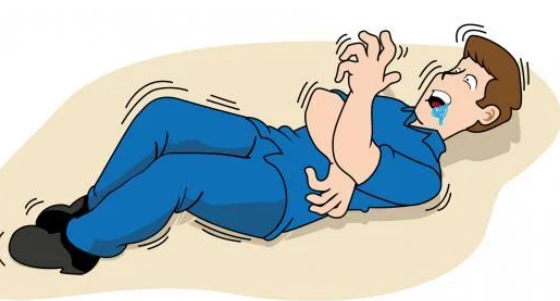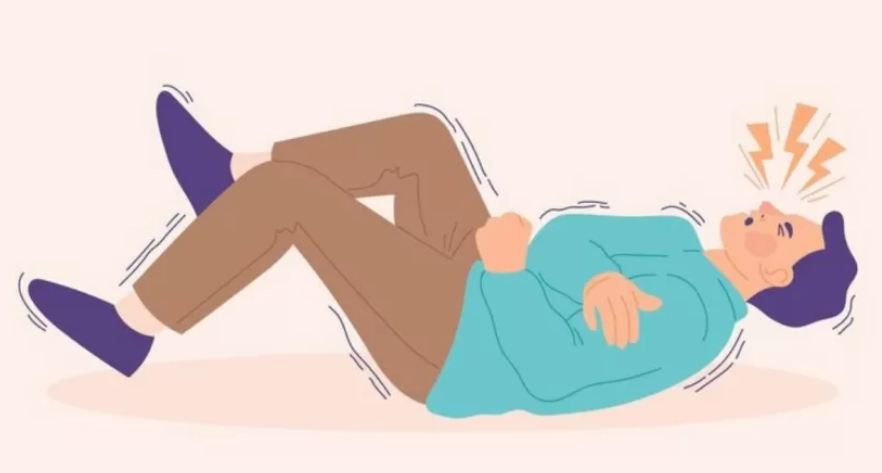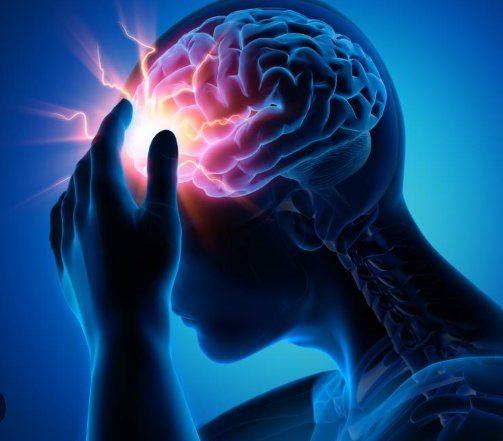Epilepsy is a chronic neurological disorder characterized by a tendency to have recurrent, unprovoked seizures due to abnormal electrical activity in the brain.
- “Recurrent” means seizures happen more than once.
- “Unprovoked” means they are not caused by temporary factors like low blood sugar, high fever, or alcohol withdrawal.
- It is one of the most common brain disorders and can affect people of all ages.

The causes of epilepsy:
The causes of epilepsy can vary depending on age, genetics, and health conditions. In many cases, the exact cause is unknown (called idiopathic epilepsy).
Here are the main known causes:
1. Genetic factors
- Some types of epilepsy run in families.
- Certain gene changes can make brain cells more excitable.
2. Structural (brain damage or abnormalities)
- Head injury / trauma (accidents, falls, etc.)
- Stroke (common cause in older adults)
- Brain tumors
- Congenital brain malformations (problems present from birth)
3. Infections of the brain
- Meningitis
- Encephalitis
- Neurocysticercosis (a parasitic infection, common in some regions)
4. Developmental disorders
- Autism spectrum disorder (in some cases)
- Neurodevelopmental syndromes (e.g., Rett syndrome, tuberous sclerosis)
5. Metabolic or systemic causes
- Low blood sugar (hypoglycemia)
- Low sodium (hyponatremia)
- Certain genetic metabolic conditions
6. Unknown causes (idiopathic/cryptogenic)
- In about half of people with epilepsy, no clear cause is found.

The symptoms of epilepsy:
General Symptoms of Epilepsy
- Recurrent seizures (the hallmark symptom)
- Temporary confusion or loss of awareness
- Sudden, uncontrollable jerking movements (often of arms and legs)
- Staring spells or “blank outs” (absence seizures)
- Strange sensations (smell, taste, sound, visual changes)
- Sudden stiffness or loss of muscle control (falling to the ground)
- Loss of consciousness or awareness during seizures
- After-seizure fatigue, headache, or memory gaps
Types of Seizure Symptoms
- Focal (Partial) Seizures – start in one area of the brain:
- Tingling, dizziness, or “déjà vu” feelings
- Unusual tastes or smells
- Repetitive movements (lip smacking, picking at clothes)
- May remain aware (focal aware) or lose awareness (focal impaired awareness)
- Generalized Seizures – affect both sides of the brain:
- Absence seizures → brief staring, eye blinking, unresponsive
- Tonic seizures → body stiffening
- Atonic seizures → sudden loss of muscle tone, collapse
- Clonic seizures → rhythmic jerking movements
- Myoclonic seizures → sudden brief jerks or twitches
- Tonic-clonic seizures → loss of consciousness, body stiffening, then jerking, sometimes with tongue biting or incontinence
The treatment of epilepsy:
1. Medications (Anti-seizure drugs / Antiepileptic drugs, AEDs)
- First-line treatment for most people.
- Examples: carbamazepine, valproate, phenytoin, lamotrigine, levetiracetam.
- Work by stabilizing brain electrical activity.
- About 70% of patients can become seizure-free with medication.
2. Surgery
- Considered if seizures don’t respond to medicines (drug-resistant epilepsy).
- Involves removing or disconnecting the brain area where seizures start.
- Common in focal epilepsy (e.g., temporal lobe epilepsy).
3. Neuromodulation (devices)
- Vagus Nerve Stimulation (VNS): a device implanted under the skin sends electrical impulses to the vagus nerve.
- Responsive Neurostimulation (RNS): detects abnormal brain activity and delivers stimulation to stop seizures.
- Deep Brain Stimulation (DBS): electrodes placed in deep brain areas regulate abnormal signals.
4. Dietary Therapy
- Ketogenic diet (high-fat, very low-carb) can help in children and some adults.
- Modified Atkins diet or low-glycemic index diet may also help.
5. Lifestyle & Self-care
- Adequate sleep and stress management.
- Avoiding seizure triggers (flashing lights, alcohol, missed medications).
- Safety precautions (no swimming alone, caution with driving, avoiding heights).
- Regular follow-ups with a neurologist.
6. Psychological & Social Support
- Counseling for anxiety/depression (common in epilepsy).
- Support groups and education for patients and families.

